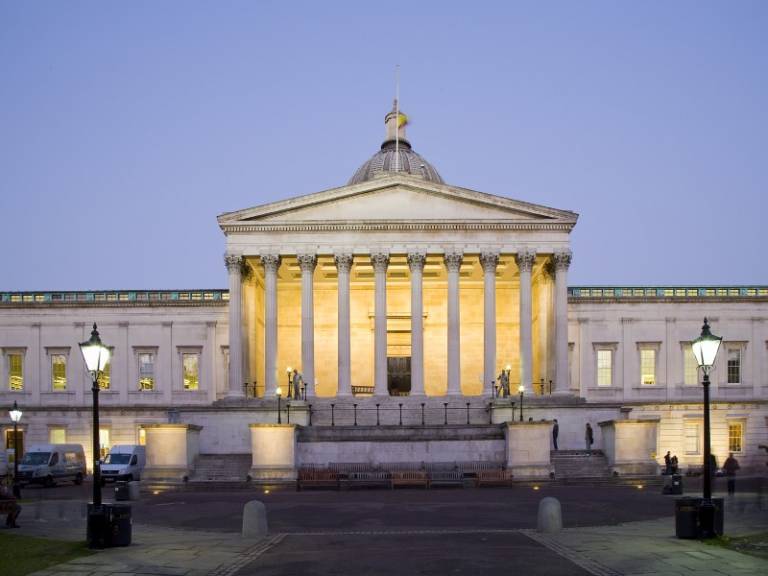
UCL Ranked Ninth Best University in the World: Unveiling the Complexities
The recent announcement of University College London (UCL) being ranked ninth in the prestigious QS World University Rankings has sparked a flurry of reactions and ignited a thought-provoking discussion on the complexities of higher education.
Factors Contributing to UCL’s Stellar Performance
UCL’s ascent to the top echelon of global universities can be attributed to several factors:
- Academic Excellence: UCL boasts a renowned faculty, including Nobel laureates and esteemed scholars in various fields. Its research output is consistently among the highest in the world.
- Student Experience: UCL offers a wide range of undergraduate and postgraduate programs, catering to the diverse needs of students. It has a vibrant campus life and a strong support system for student well-being.
- Global Collaboration: UCL actively engages in international partnerships, collaborating with other universities and research institutions worldwide. This exposure enriches student experiences and fosters innovation.
- Employability: UCL graduates are highly sought after by employers due to their strong academic foundation, professional skills, and research experience.
Criticisms and Considerations
While UCL’s ranking is a testament to its strengths, some criticisms have surfaced:
- Funding and Fees: UCL is a research-intensive university that relies heavily on external funding. This can lead to concerns about rising tuition fees and inequalities in access to education.
- Workload: Some students have expressed concerns about the intense workload at UCL, which may hinder their overall well-being and work-life balance.
- Diversity: While UCL has made progress in promoting diversity, some critics argue that it could do more to address underrepresentation of certain groups in its student body and faculty.
- Ranking Methodology: University rankings are often complex and subjective. UCL’s position may not fully capture its strengths in all disciplines or reflect its impact on society at large.
Implications and Broader Perspective
UCL’s ninth-place ranking raises important questions about the role and purpose of universities:
- Emphasis on Rankings: The prominence of university rankings can lead to a narrow focus on metrics rather than addressing students’ overall educational needs and social responsibilities.
- Competition and Collaboration: Rankings can foster competition among universities but can also hinder collaboration and the sharing of best practices.
- Alternative Metrics: Beyond rankings, universities should consider adopting alternative metrics that measure their impact on teaching, research, and societal engagement.
- Diversity and Inclusivity: Universities have a responsibility to promote diversity and inclusivity, ensuring that all students have an equal opportunity to succeed and thrive.
Conclusion
UCL’s ninth-place ranking in the QS World University Rankings is a testament to its academic excellence and global reputation. However, it is crucial to critically examine the factors contributing to this ranking and acknowledge potential areas for improvement.
The role and purpose of universities extend beyond rankings and must encompass a holistic approach to education, research, and social engagement. As universities navigate the complexities of the 21st century, it is imperative to balance the pursuit of academic excellence with the well-being of students, the promotion of diversity and inclusivity, and the broader impact on society.
